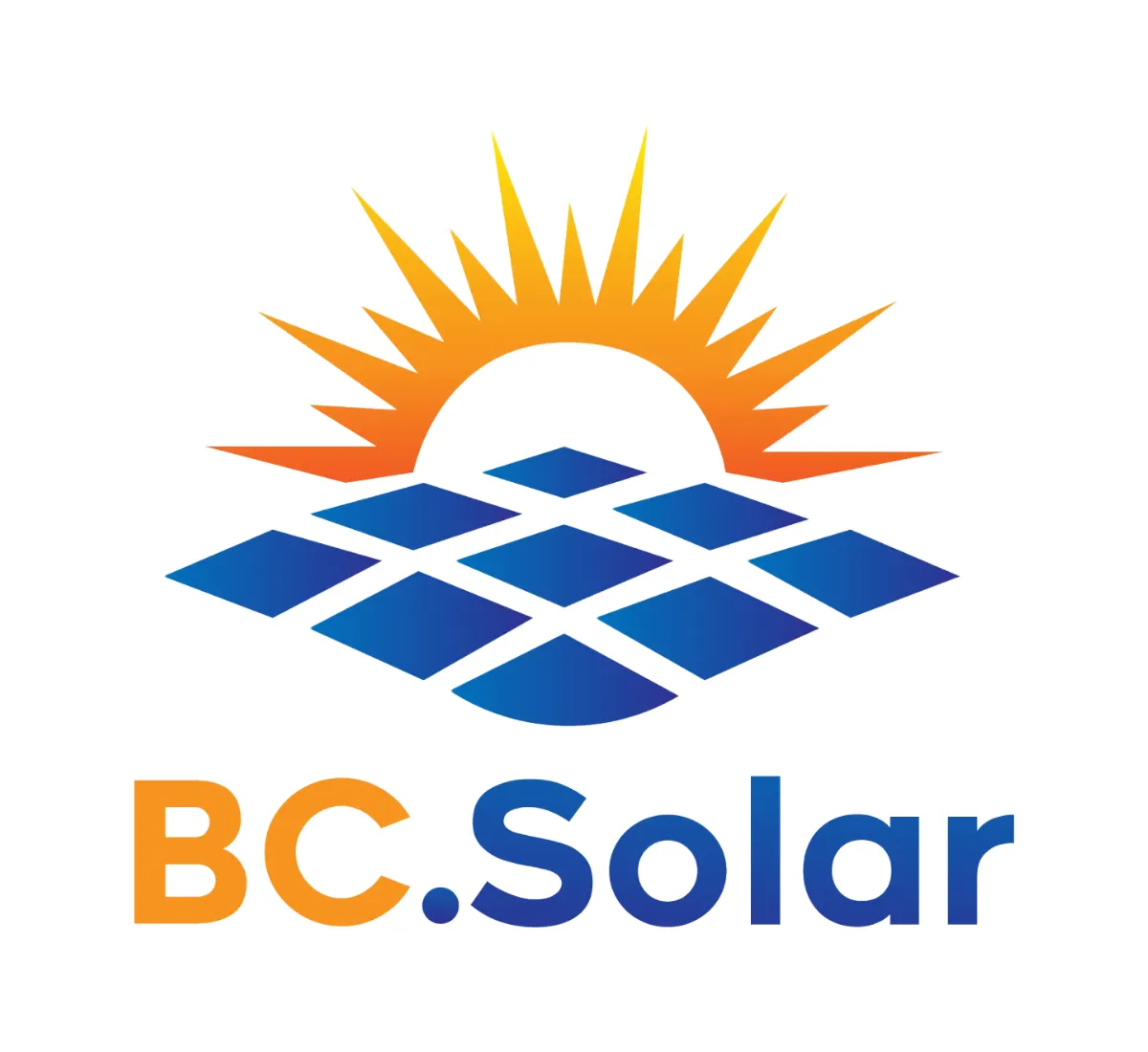
The Solar Permit Process in Columbus—Made Simple
The Solar Permit Process in Columbus—Made Simple
Installing solar panels on your home in Columbus, Ohio, is a smart move. But before your system starts soaking up the sun, there’s a key step: the solar permitting process.
At BC Solar, we believe in keeping it simple, clear, and honest. Here’s what you can expect when it comes to residential solar permitting in Columbus:
Step 1: Design Your System
Before you apply for anything, your solar system needs a detailed design. This includes:
Electrical and structural plans
Panel placement and tilt
Load calculations (especially for battery systems)
All of this gets reviewed for safety and compliance.
Step 2: Submit for Building and Electrical Permits
In Columbus, residential solar installations need both a building permit and an electrical permit. These are submitted to the city’s Building and Zoning Services Department.
What You’ll Need:
A site plan showing panel placement
Structural drawings (usually stamped by an engineer)
Electrical line diagrams
Permit application forms
For most residential homes, stamped roof attachment plans are not required, but they are preferred for faster approval.
Step 3: Pay Permit Fees
Permit costs vary based on the size of the system, but typical residential fees include:
Zoning Review: $20
Plan Review: $20
Building Permit: $5–$10 per $1,000 of project cost
Electrical Permit: $50 per 1,000 sq. ft. of electrical work
Step 4: City Review & Approval
Once submitted, the city reviews your application. Expect a response within 3–5 business days for residential projects. If changes are needed, your installer will revise the plans and resubmit.
Step 5: Schedule Inspections
Once installation begins, your system will be inspected by a city inspector. These typically include:
Rough electrical inspection (before wires are concealed)
Final inspection (after install is complete)
All inspections must be passed before the system is energized.
Step 6: Utility Interconnection
While the city handles safety and structural review, your utility provider (like AEP Ohio or FirstEnergy) must approve the system to connect to the grid.
You or your installer will:
Submit an interconnection application
Provide a signed net metering agreement
Receive approval to operate (PTO)
This process usually runs in parallel with permitting.
BC Solar Tip:
We handle the entire permitting and interconnection process for our clients. Our goal? Make solar hassle-free and fully compliant—every step of the way.
FAQ
How long does the solar permit process take in Columbus?
About 1–2 weeks for city permits, plus another 1–2 weeks for utility approval. It can vary depending on system complexity and season.
Do I need HOA approval for solar in Columbus?
It depends on your neighborhood. Ohio law protects your right to install solar, but check your HOA’s guidelines.
Can I install solar panels myself?
Technically yes—but you’ll still need city permits and inspections. Most homeowners choose a professional installer like BC Solar for safety, efficiency, and warranty coverage.
Need help navigating the process? Let’s talk.
At BC Solar, we don’t just install panels—we guide you through every detail, with transparency and care.
Call us at (614) 442-9700 or visit bc.solar.